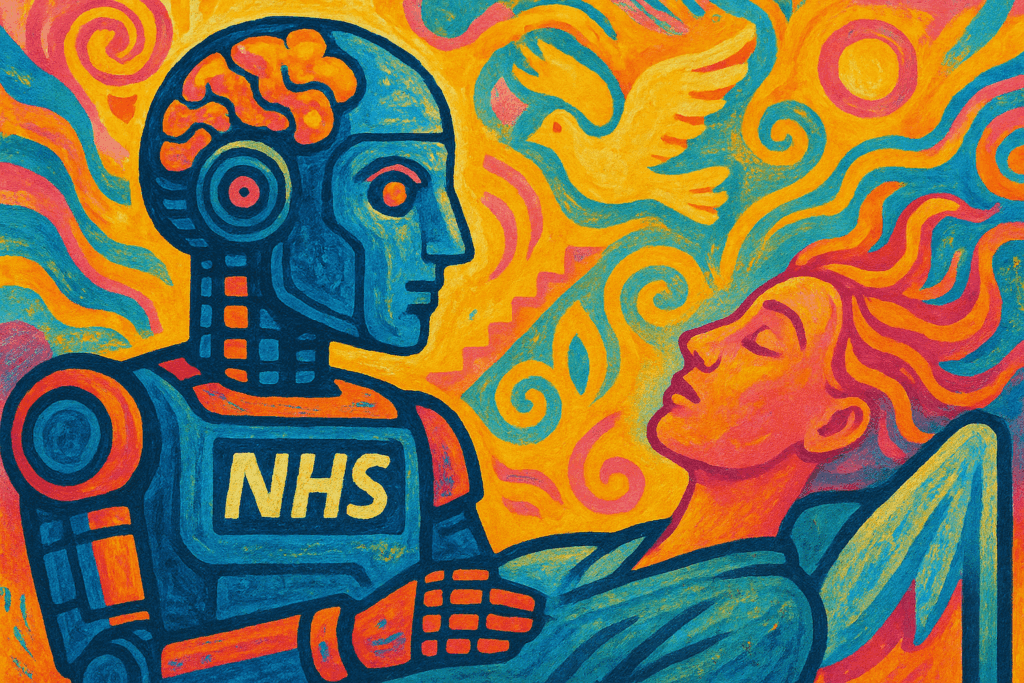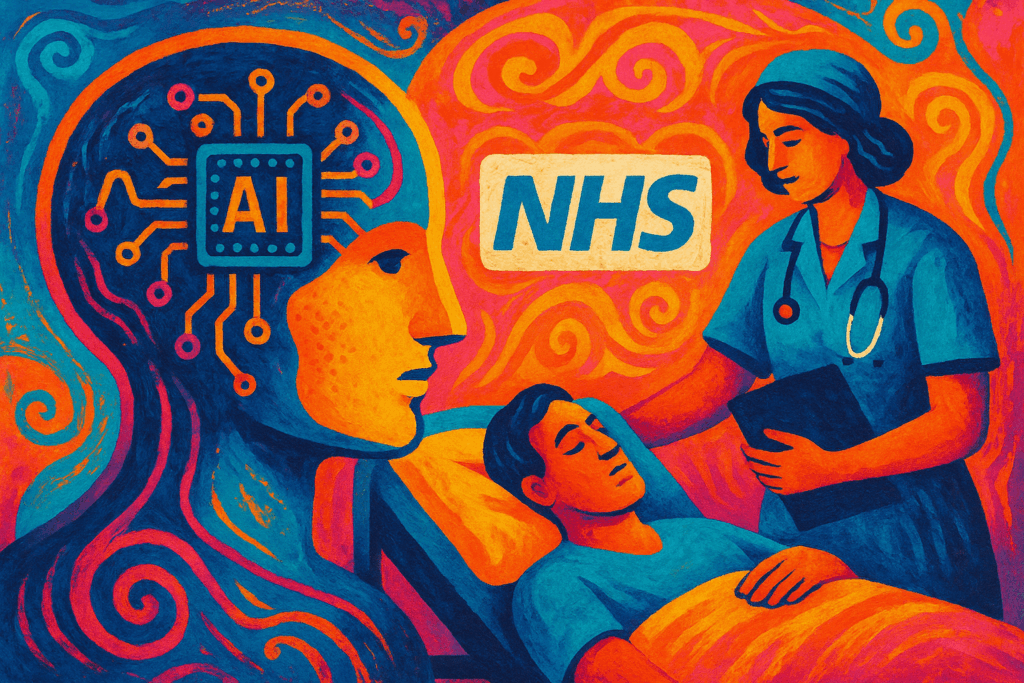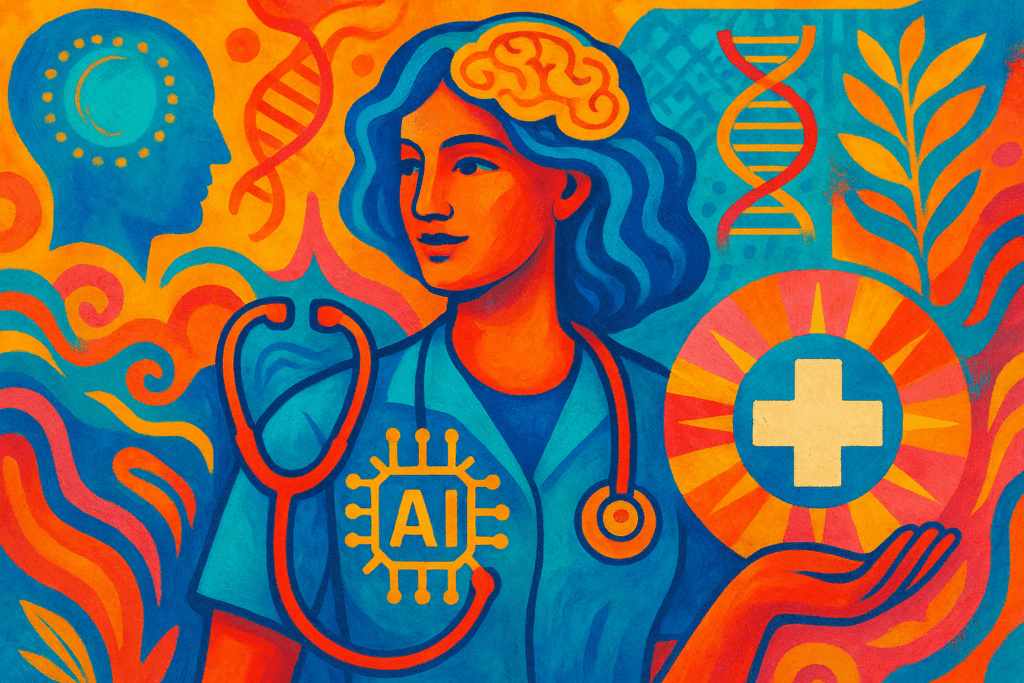Innovative AI Tool Streamlines Patient Discharge
The NHS has introduced a new AI-assisted tool designed to speed up the patient discharge process by reducing administrative paperwork and optimizing resource allocation. Developed through the AI Exemplars programme, this technology has been piloted at Chelsea and Westminster NHS Trust with promising results. By automating routine tasks, the tool frees up doctors’ time, allowing them to focus more on patient care. It also helps to clear beds faster, directly benefiting patient flow within busy hospital wards. This development addresses ongoing challenges related to hospital discharge delays and contributes to lowering waiting lists nationwide.
Leadership Perspectives on AI’s Impact
Health Secretary highlighted the potential of AI to significantly improve productivity across the NHS, stating that the technology supports faster patient discharges and contributes to shorter waiting times. NHS Confederation’s chief executive echoed this view, emphasizing the importance of adopting AI tools to support the broader digital transformation of healthcare systems. Both leaders noted that leveraging AI in operational processes results in tangible patient benefits, including quicker returns home and better availability of hospital resources, which ultimately enhances the quality of care delivered.
The Future of Digital Healthcare
This pilot project exemplifies the wider strategic vision for integrating AI within national healthcare systems. As digital innovation advances, such tools will play an integral role in improving long-term operational efficiency and patient outcomes across the sector. The success at Chelsea and Westminster NHS Trust illustrates how data-driven technologies can support ongoing efforts to modernize healthcare delivery, reduce administrative burdens, and ensure sustainable management of resources. Moving forward, similar AI applications are expected to become essential components in shaping the future landscape of healthcare provision.




